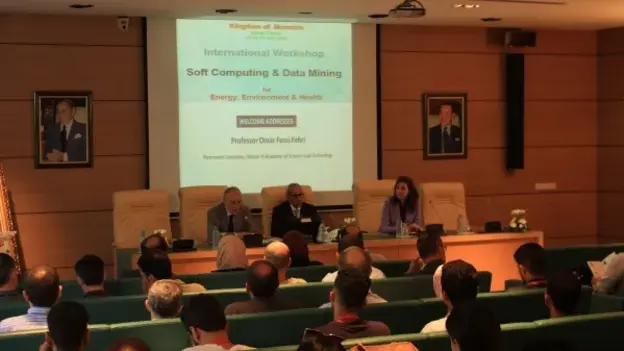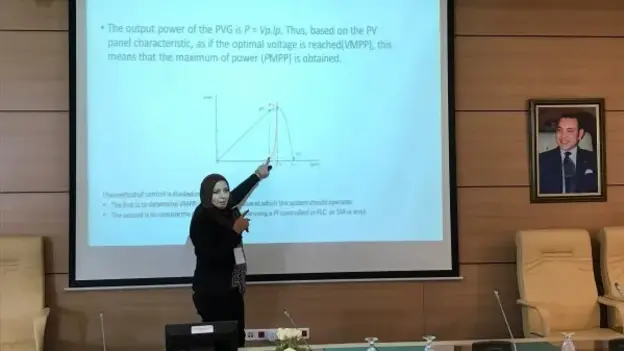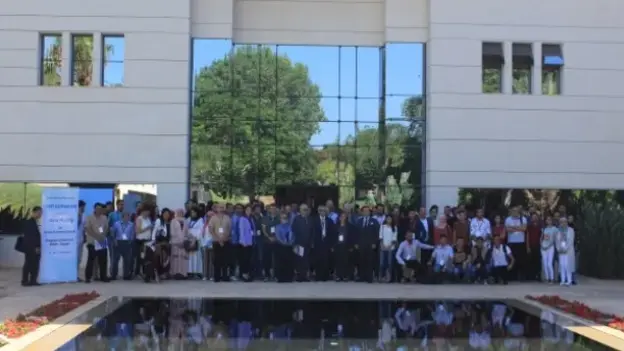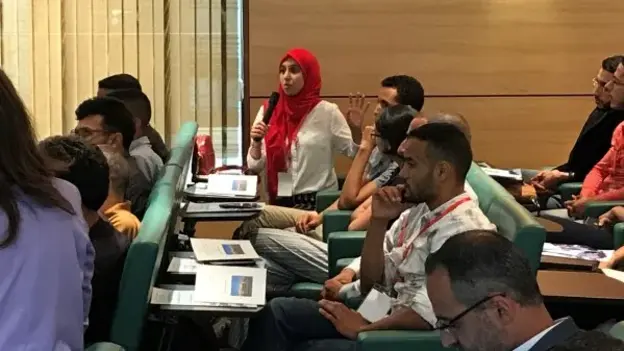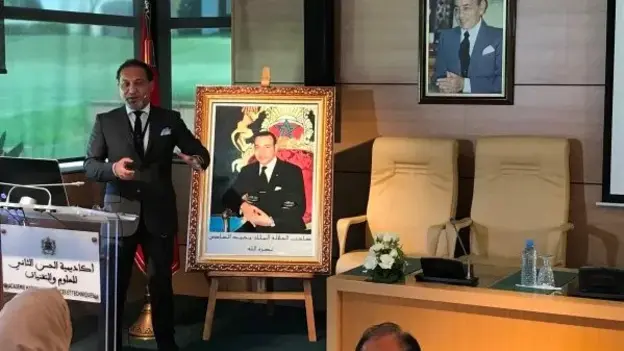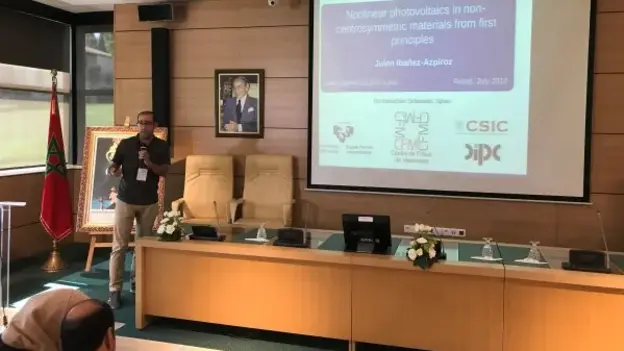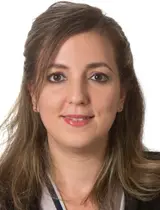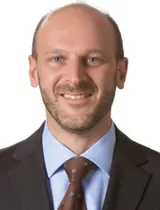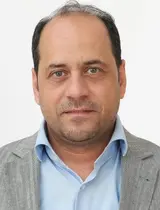Working Group Project
Abundant Data - Are there Smart Solutions for Energy and Environment?
Workshop
The need to decrease energy consumption and improve energy efficiency is an urgent matter in the Arab world. “Arab countries are in a situation where they must find ways to enhance energy use and energy efficiency using new available methods and technologies to analyze the current situation design models that can deliver reliable predictions”, points out Prof. Dr. Ahmad Sakhrieh, AGYA alumnus and professor at the American University of Ras al Khaimah (United Arab Emirates). According to Sakhrieh, Bahrain, Kuwait, Saudi Arabia, Oman, Qatar and the United Arab Emirates rank among the countries with the highest energy consumption per capita. Therefore, research on the relationship between changing climate patterns and consumer behavior are of high relevance for scientists in various disciplines with Arab-Arab research cooperation being a driver of regional expertise in this field. To fully utilize renewable energies such as hydropower, wind power, solar energy, biomass power and geothermal power, technological innovation is necessary. This is where soft computing and data mining come into play.
Although being set on a wholly different part of the energy consumption spectrum than countries of the Arab Gulf, Morocco is also undertaking several major reforms in the fields of clean energy, smart cities and data mining in recent years. With several ground-breaking projects in this field, Morocco is often referred to as a role model for other countries in the region facing similar conditions and problems. It is therefore no coincidence that the international AGYA workshop “Soft Computing and Data Mining for Energy, Environment & Health” took place at the University of Rabat and the Hassan II Academy of Science and Technology in Morocco (17-19 July 2019). Seventeen speakers from Morocco, the United Arab Emirates, France, Germany, Portugal, Spain, Jordan, Sweden, Norway, Algeria and Tunisia from various disciplinary backgrounds debated on the relation between big data and smart cities, soft computing in energy and health, as well as data mining and machine learning. The aim was to initiate a knowledge exchange between experts of big data analysis and scientists from the fields of engineering, physics and environmental studies. Fruitful discussions and the shared hands on experience not only fostered Arab-Arab knowledge exchange but also promoted the cooperation between Arab, German and European experts as AGYA member and political economist, Prof. Dr. Marc Ringel, pointed out. The three-day workshop tackled the topic not only from a theoretical angle but included capacity building measures in form of tutorials and demonstrations as well as an excursion to six different sites in Tangier such as the wind farm “El Koudya al Bida”, which is the first of its kind in the Middle East and Africa, and to Tangier Tech City, the future Moroccan smart city.
The idea of gathering up-to-date researchers, scientists, developers and practitioners was highly fruitful in bringing forward the discussion on energy efficiency through data mining, machine learning, and soft computing. The advantages of these technologies - as compared to traditional computing - are that they can help rendering the huge amounts of data (big data) more efficient because of their tolerance towards imprecision and uncertainty. Data mining and machine learning enable researchers to detect hidden information and complex patterns in databases. This newly extracted information is important for predicting future trends and improving decision-making, which makes it an ideal method to handle real-world problems.
The involvement of researchers from Arab countries, especially of young-career researchers, is crucial in bringing forward the development and implementation of these technologies. “They will form the basis for future collaboration between Arab countries and colleagues from Germany”, points out AGYA alumna Prof. Dr. Lalla Btissam Drissi. She was also one of the conveners of this workshop and strongly builds on the importance of networks between researchers from the Arab countries and Germany in the field of energy and environmental studies.
- Disciplines Involved
- Physics, Economics, Engineering
- Cooperation Partners
- Hassan II Academy of Sciences and Technology, Morocco
- Mohammed V University-Agdal, Morocco
- Venue
- Hassan II Academy of Sciences and Technology, Rabat, Morocco
- Project Title
- Abundant Data - Are there Smart Solutions for Energy and Environment?
- Year
- 2019
- Funding Scheme
- Working Group Project
- Working Group
- Energy, Water and Environment
- Countries Involved
- Morocco, Germany, United Arab Emirates
- AGYA Publication
- Metaheuristic-based Decision Maker Framework for the Development of Multispectral IGZO Thin-film Phototransistors
